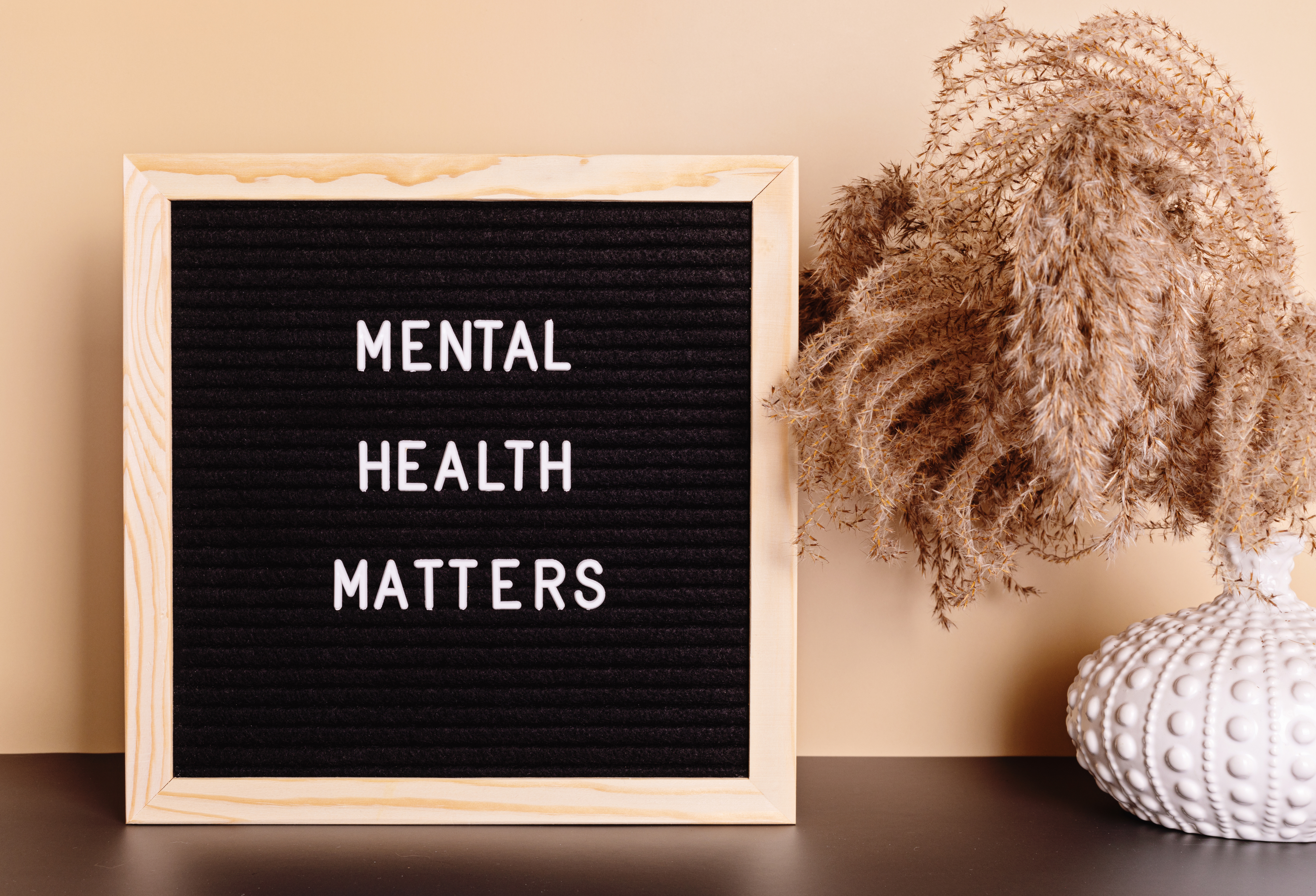Hormones, Exercise and Sleep
Few things are as beautiful as the rays of the morning sun. The first light of morning is energizing and motivating. Unless you’ve been awake half the night -like me. Here, the morning light just means that you didn’t get enough sleep. Again.
As soon as those first rays hit your eyes, your stress mounts. You’re exhausted. How are you going to make it all day long on so little sleep? You feel emotional just expecting the struggle to concentrate and stay alert—especially during the afternoon hours when the drowsiness really kicks in.
Does This Describe You?
If so, you are not alone. The National Sleep Foundation reports that 60% of Americans have sleep problems. That means more than half of us struggle to sleep. The reasons for sleep difficulties are many—from stress to caffeine to individual differences in body rhythms.
But whatever the cause, the bottom line is that if you suffer from insomnia, you may need help. It is best to talk to your doctor about your sleep patterns and come up with a plan together, but in the meantime, you may benefit from a natural and safe hormone—melatonin.
Help from a Hormone
You have probably heard of melatonin. It is a hormone produced by your brain in your pineal gland. Some of your melatonin is also produced in your gut. Mainly, melatonin helps to control your sleep and wake cycles. Normally, melatonin levels will increase in the mid to late evening, stay high during the night and then decrease early in the morning. This helps you to sleep during the night and be ready to wake up in the morning.
When there are higher amounts of melatonin in your body, you will feel sleepy. When the levels are lower, you feel more alert and awake. Your regular sleep and wake cycle is your own personal ‘internal clock,’ and this ‘clock’ is directly tied to how much or how little melatonin your body makes.
There are other things that affect the melatonin in our bodies also. For example, as we age, our bodies produce less and less melatonin. Daylight plays a key role too. When the days are shorter during the winter, the time of day that our bodies produce melatonin changes. Rather than producing melatonin during the mid to late evening hours, we may get a surge of it earlier in the day—as the daylight fades earlier.
When the amount of melatonin or the production schedule of melatonin changes in your body, you may struggle with sleep patterns.
Without enough melatonin, you will have trouble sleeping. But even if you make enough melatonin, your internal clock may be off if the melatonin is being released at the wrong time of day. Nobody wants to get sleepy at 5:00 PM from a melatonin release! Not only is this inconvenient, but when the natural decrease happens several hours later (to help you wake up), you’ll be alert and ready for the day by 3:00 AM- this has been happening to me lately and my doctor recommended melatonin to help get my circadian rhythm back on track!
Fortunately, if your melatonin levels are low or simply off schedule, you can help yourself by taking a melatonin supplement. These are available without a prescription at drugstores and at health food stores. Just be sure to buy a reputable brand to ensure you get a quality product.
Doses range from 0.1 to 20 mg, depending on the reason you are taking it. Your doctor can help you choose the right dose, and help you determine the best time in the evening to take it. Timing is important, since the melatonin, once ingested, will run its course in your body—taking you from drowsiness to wakefulness on schedule. It’s a handy way to reset your internal clock and get the sleep you need.
Another Great Sleep Aid is Exercise
“Based on studies, ‘We have solid evidence that exercise does, in fact, help you fall asleep more quickly and improves sleep quality,’ says Charlene Gamaldo, M.D., medical director of Johns Hopkins Center for Sleep at Howard County General Hospital.
https://www.hopkinsmedicine.org/health/wellness-and-prevention/exercising-for-better-sleep
And the best part is that the effects are immediate. You only need a solid 30 minutes of moderate exercise to improve your sleep quality that very same night.
If you need help or motivation to get your 30 minutes in each day—simply talk to one of our Empower personal trainers. They would love to help!



